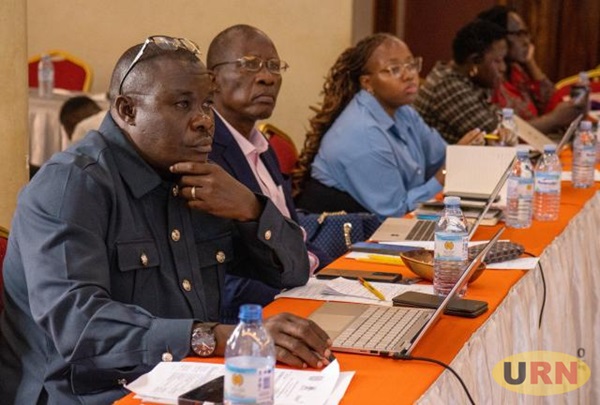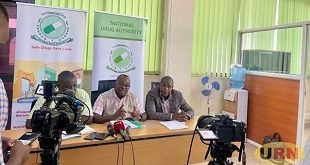
Kampala, Uganda | THE INDEPENDENT | The recently inaugurated Labor Advisory Board (LAB) has been tasked with prioritizing the broadening of decent labor regulations in the informal sector.
The informal sector employs up to 80 percent of Uganda’s workforce and contributes over 50 percent of the country’s economy (ILO 2021). Most Ugandans are informally employed, a sector severely lacking in decent work regulations.
Improving the welfare of this sector is among the critical challenges identified for immediate attention during the capacity-building training for the 13-member board. Established by the Employment Act 2006, the board primarily engages in policy enhancement through advising the labor minister.
According to a report presented by ENABEL Uganda, the board must engage the minister on policy formulation to address the informal sector, aiming for greater inclusivity in the country’s labor market. “The challenges for Uganda include financing for social protection, which stands at 0.7% of GDP, one of the lowest in Sub-Saharan Africa. Decent work regulations currently only apply to the formal sector, leaving the majority in the informal sector unprotected,” the report states.
The report further emphasizes the need to harmonize resource mobilization planning and review the decent labor and social protection systems, as well as the fragmented laws governing different pension schemes. The merged Employment Bill also awaits confirmation.
Alex Asiimwe, the Commissioner for Labor, Industrial Relations, and Productivity, representing the Permanent Secretary for the Ministry of Gender, Labor, and Social Development, noted that the ministry has struggled to address various employment-related issues over the past four years due to the absence of the LAB.
He reminded the board members that their tasks are directly linked to the law, specifically the Employment Act.
“Each role and task is tied to a provision in the law, which is where the board derives its authority,” he added.
Jackie Banya, the International Labor Organization (ILO) National Program Officer for Uganda, emphasized the crucial role the LAB plays in shaping labor policies and practices. She announced that the decent work country program for Uganda, developed in collaboration with the ministry, will soon be unveiled. This program will serve as the framework to guide employment standards policies and regulations, supporting LAB operations.
Banya reminded the board of its core mandate, which includes ensuring fair labor practices across the entire labor market, promoting social dialogue, and eliminating child labor. The LAB should benchmark its activities against internationally set standards under various ILO conventions.
Berivan Erbil, the Decent Work and Social Protection Expert for ENABEL Uganda highlighted that the training aims to equip new board members with the necessary skills to fulfill their mandate. She noted that this capacity-building initiative is an addition to the initial four pillars that ENABEL seeks to implement in East African countries, including Uganda, Rwanda, and DR-Congo.
“We have a regional portfolio covering DRC, Rwanda, and Uganda, initiated two years ago. We have five pillars in line with the ILO decent work pillars, with an additional fifth pillar focused on policy development and regional development. This regional component is crucial for creating sustainable policy impacts,” she stated.
According to Erbil, these pillars are: creating more employment and increasing labor income for vulnerable groups, raising awareness about fundamental labor principles and rights, enhancing social protection, promoting social dialogue (especially with trade unions), and the new addition of policy development and regional cooperation. ENABEL collaborates with the Ministry of Gender on these initiatives.
*****
URN
 The Independent Uganda: You get the Truth we Pay the Price
The Independent Uganda: You get the Truth we Pay the Price


